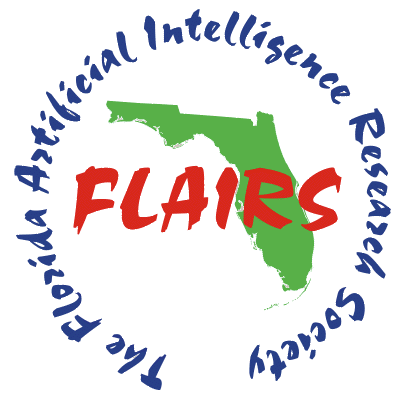Decoding Complexity: A Mathematical Framework for Enhanced Translation Comprehension
Resumen
Machine translation tools have demonstrated substantial progress in enhancing translation accuracy since the emergence of artificial intelligence. However, challenges persist in reasoning (or the lack thereof), considering contexts, addressing specific word games, and interpreting very long or very short sentences—those exceeding 50 and falling below 7 words (Bowker, 2023 : 893). Additionally, accurately translating technical or specialized terms and their variations remains a hurdle. This research introduces a categorical mathematical formalization of the comprehension stages in translation, along with a model for calculating acceptances (specific meanings of words) during the verification of meaning hypotheses. The goal is to elucidate the comprehension process and integrate contextual considerations. The formalism delineates a series of fundamental cognitive operations involved in comprehension. Furthermore, it advocates for evaluating meaning hypotheses using logical modalities, particularly hypostases, described as phrases (groups of words)—a unit of discourse rather than language—signifying the structure of arguments conveying the speaker's knowledge. The strength of our proposed mathematical model lies in its independence from both source and target languages, as well as the subjectivity of text authors or translators. Additionally, the assessment of meaning hypotheses relies on verifiable logical modalities, ensuring a reliable, explicable, and controllable outcome.
Descargas
Publicado
Cómo citar
Número
Sección
Licencia
Derechos de autor 2024 Eric Poirier, Ansta Nasandratra Nirina Avo

Esta obra está bajo una licencia internacional Creative Commons Atribución-NoComercial 4.0.


